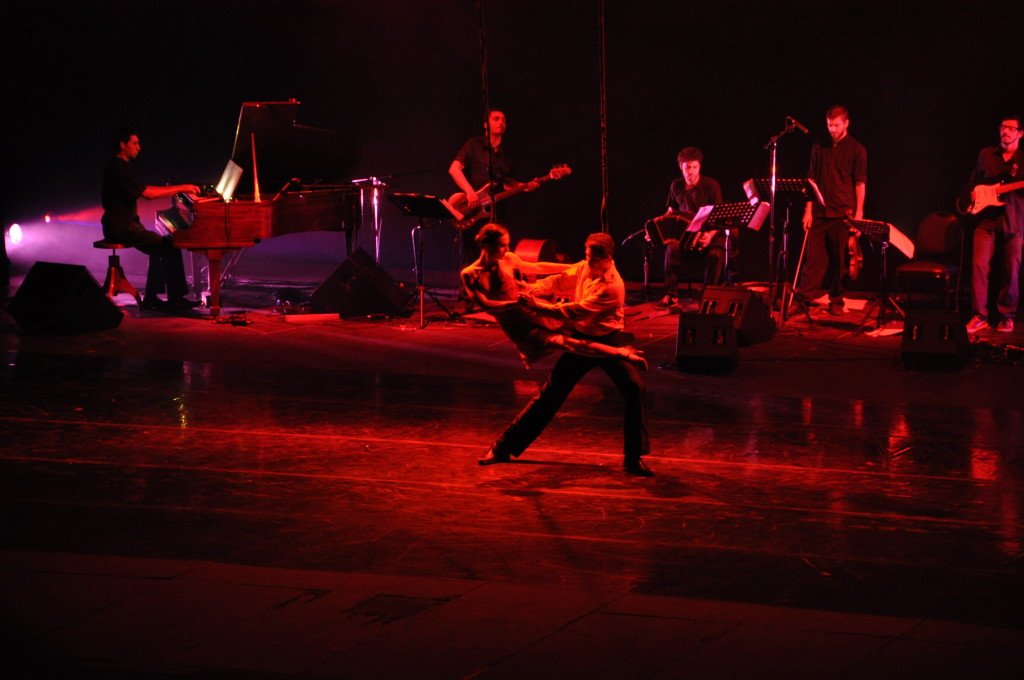There is no doubt at all that Argentina, and especially the city of Buenos Aires, are immediately identified with the tango. Since the 1920’s, the tango has been considered one of the most popular and sensual dances in the world and, as years go by, passion for it has grown not only in the River Plate area but all over the world as well. But, what about the etymological origins of the word “tango”? Which cultural and sociological aspects have influenced the origin of this word? Can the roots of “tango” be found and determined or is it a world with a vastly rich origin? Throughout the following paragraphs we will try to unveil the origins of the word “tango”.
Historical Perspective
It is generally agreed by language experts that the etymological origin of the word “tango” cannot be detached from a historic phenomenon: the cultural relationship between Spain and America and the trade of slaves that started coming from Africa around the 1600´s.
According to some historians such as José Gobello and Ricardo Rodríguez Molla, “tango” comes from an African term some slaves used to refer to the place where they were reunited to be sent to America. The Portuguese adopted the Africanism “tangomao” to refer to the man that trafficked slaves. Thus, in America the word “tango” was embraced to name the places where the African slaves got together to dance and sing. Buenos Aires was a very important slave market in the 1600’s, 1700’s and 1800’s and, therefore, the African population definitely had a significant influence in the birth of the term “tango”.
The Beating of the Drum
Other language theory relates the etymological origin of the word “tango” to the onomatopoeic sound of the beating of the drums as, apparently, the drum was one of the musical instruments used in the beginnings of this dance.
However, this theory is widely rejected by experts as it has been proved that the drum was never used to play tango music. In fact, the first musical instruments for this dance were: the flute, the viola, the violin and, later on, the bandoneon.
Latin Origin
Another language theory supports the idea that the word “tango” derives from the Latin term “tanguere”, which stands for “to touch”. Language experts that agree with this idea base their findings on the fact that tango as a dance is characterized by the sensuality and closeness with which the couple move across the dance floor.
Yet, from an etymological point of view this idea cannot be accepted since, in its beginnings, tango dancers did not dance so close to each other.
Final Words
We have discussed the three most important theories regarding the etymological birth of the word “tango”. Only the first one can be considered valid as the other two are more far-fetched and cannot be traced back to actual facts to support them.
Anyway, whether “tango” derives from the place where the African population in the River Plate met to dance, talk and sing or from the onomatopoeic beating of the drums or a Latin word, it cannot be denied that tango is one of the most enjoyable dances in the word.








